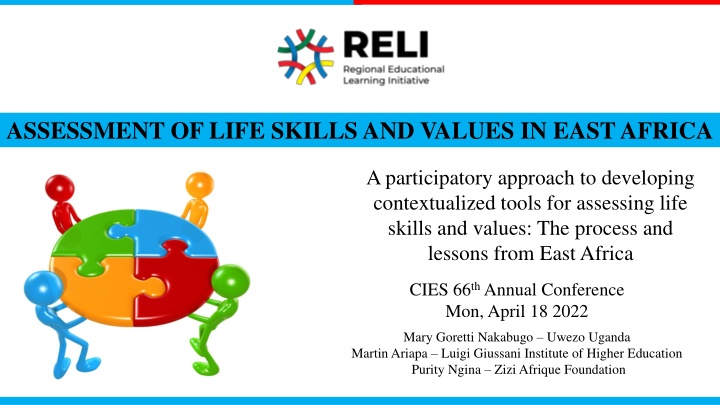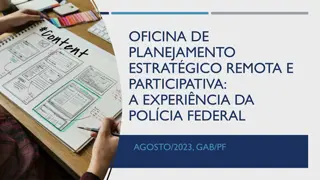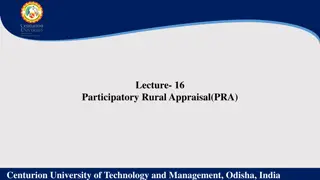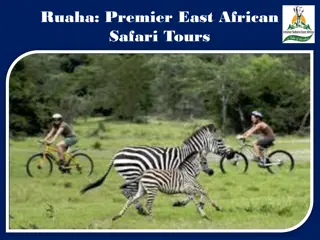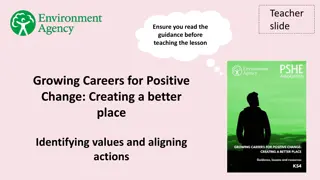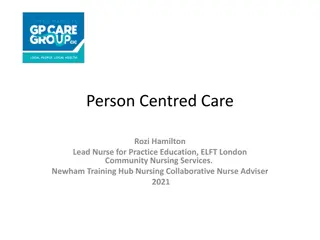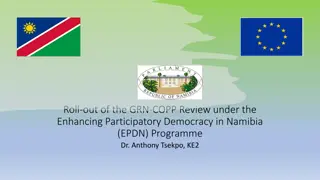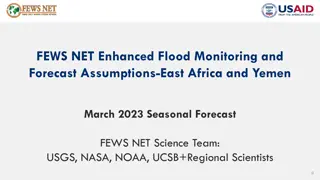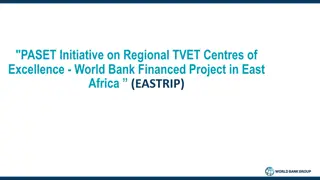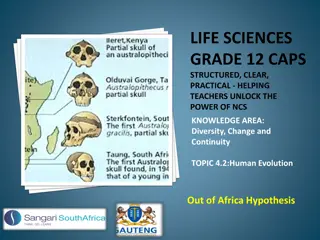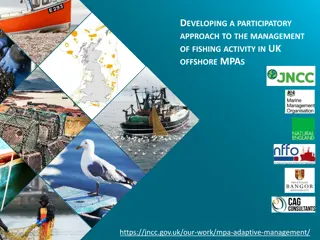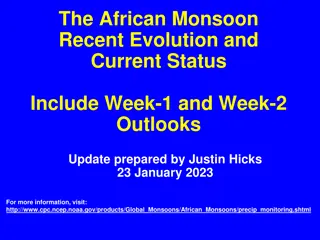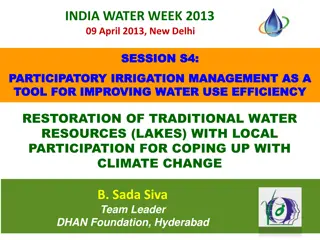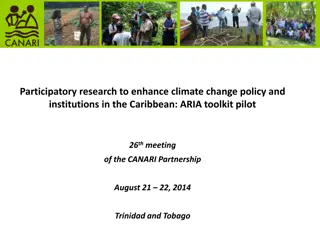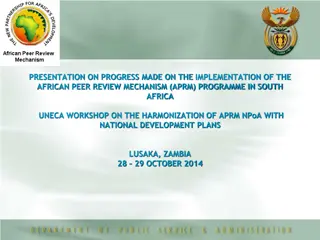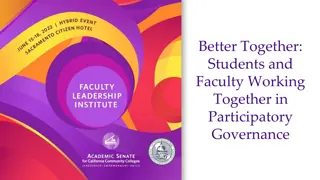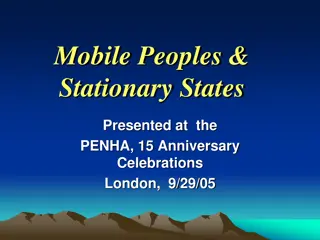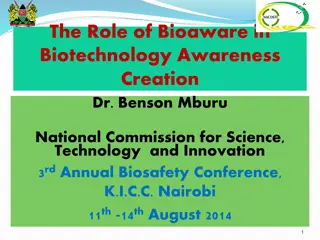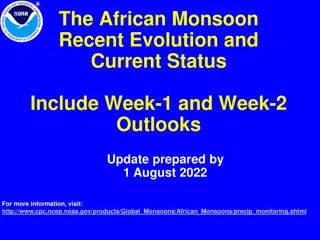Assessing Life Skills and Values in East Africa: A Participatory Approach
Life skills education is crucial for children's development, yet its assessment varies across cultures. The ALiVE initiative in East Africa aims to enhance system capacities for assessing life skills and values. The ALiVE tool development process involved prioritization, contextualization, literature review, and rapid ethnographic interviews. Key lessons included advocacy, policy influence, classroom-level assessment, and learning through doing.
Download Presentation

Please find below an Image/Link to download the presentation.
The content on the website is provided AS IS for your information and personal use only. It may not be sold, licensed, or shared on other websites without obtaining consent from the author.If you encounter any issues during the download, it is possible that the publisher has removed the file from their server.
You are allowed to download the files provided on this website for personal or commercial use, subject to the condition that they are used lawfully. All files are the property of their respective owners.
The content on the website is provided AS IS for your information and personal use only. It may not be sold, licensed, or shared on other websites without obtaining consent from the author.
E N D
Presentation Transcript
ASSESSMENT OF LIFE SKILLS AND VALUES IN EAST AFRICA A participatory approach to developing contextualized tools for assessing life skills and values: The process and lessons from East Africa CIES 66th Annual Conference Mon, April 18 2022 Mary Goretti Nakabugo Uwezo Uganda Martin Ariapa Luigi Giussani Institute of Higher Education Purity Ngina Zizi Afrique Foundation
Presentation Outline 1. Background to the ALiVE 2. ALiVE tool development process 3. Lessons learnt
Background to the ALiVE Life skills education is critical for the development of children s interpersonal and psychosocial skills (UNICEF, 2012; WHO, 1999). Despite the global concern for life skills education, the nature and definition of life skills greatly varies across cultures and countries (Bwayo, 2014; McMullen & McMullen, 2018). Accordingly, it is still unclear how these skills have been assessed, let alone understood and defined in the East African context (Wamahiu & Bapna, 2019). **Against this backdrop, RELI established an initiative, ALiVE, to contribute to increased education system focus and capacities to assess and nurture life skills and values.
ALiVE Tool Development Process Prioritization Contextualization Literature review Reviewed the landscape of the education systems in the 3 countries [KE, UG, TZ] Agreed on 3 life skills [problem solving, collaboration, self- awareness and 1 value (Respect) Conducted rapid ethnographic interviews with adolescents, parents, and key persons across 15 districts in KE, UG and TZ. The process generated in-depth understanding of the four competences. To establish how the competences were defined and framed in other contexts To compare and validate the contextualized understanding against the documented evidence. To build the capacity of the various partners in designing and conducting a literature review.
Lessons Learnt from ALiVE Advocacy and policy influence Contextualization + Literature review Think aloud and pilot activities Assessment at classroom level Learning through doing Oral think aloud is complex but doable. The processes facilitated understanding of how the tasks and items were context relevant and age appropriate. Also, facilitated the reduction of the tasks and items. The nature and definitions of life skills varied across cultures and countries. This revealed the importance of creating context relevant tasks and items. The inclusion of policy actors into the assessment development process is key, however, better capacities to sustain the coordinated engagement is needed. Coupling this household based assessment with system- focused and school-based assessments may accelerate resonance with teachers and education officials to assess life skills at classroom level. The tool development involved getting introduced to a specific aspect by the facilitator, working on it, and receiving questions and reviews from the facilitator. This process has facilitated learning.
Lets Walk Together Follow us on: Email info@ziziafrique.org Website https://reliafrica.org/alive/ Assessment of Life Skills and Values in East Africa -ALiVE
